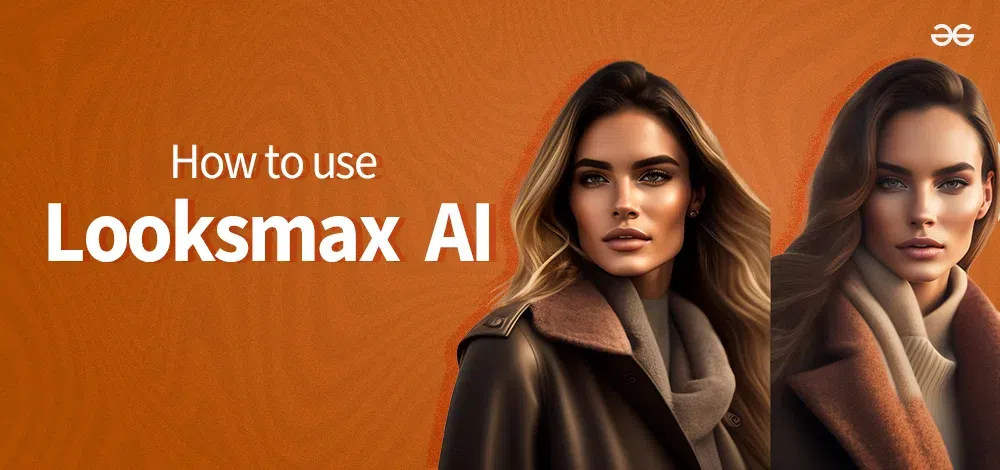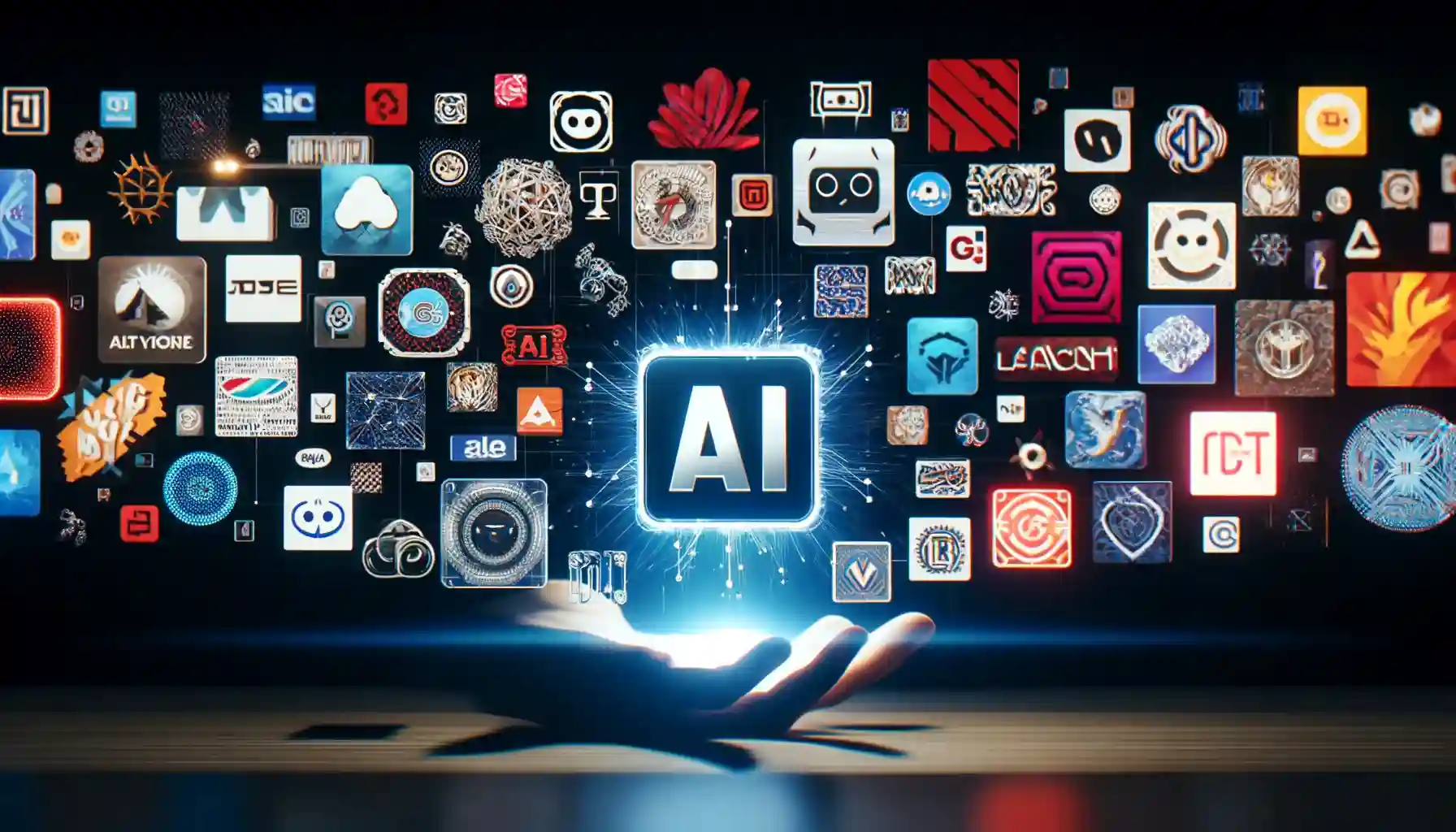AI attractiveness test apps have taken the digital world by storm. These beauty test apps use advanced AI tools to evaluate your facial features, offering a beauty scoring system based on symmetry, proportions, and other factors. You might find yourself wondering, “How attractive am I?” as you explore these apps. Their popularity stems from the curiosity they ignite and the seemingly objective assessments they provide. However, it’s crucial to consider their impact on self-esteem and societal beauty standards. As you engage with these tools, think about the information you share and the potential implications for privacy and personal perception.

Understanding AI Attractiveness Test Apps
How Do These Apps Work?
AI attractiveness test apps have become a fascinating topic for many. You might wonder, “How attractive am I?” when using these apps. They rely on advanced technology to provide answers. These apps use facial analysis tools to evaluate your features. They assess symmetry, proportions, and other elements that contribute to beauty.
The technology behind AI attractiveness assessments
The core of these apps lies in their ai-driven analysis. They employ beauty scoring algorithms that analyze facial features. These algorithms compare your features against a vast database of images. This comparison helps determine where you fall on the attractiveness scale. The technology is complex, yet it aims to simplify the concept of beauty into a numerical score.
Common algorithms and data used
These apps often use machine learning models trained on thousands of images. The algorithm learns patterns and preferences from this data. It then applies these patterns to new images, like yours. However, the data used can introduce biases. According to a study in Technology Review, AI systems rate attractiveness as accurately as humans in a training set but may display bias due to training data preferences. This bias can affect the results, making it crucial to approach these scores with caution.
Evaluating Their Accuracy
You might question the accuracy of these apps. After all, beauty is subjective. While these tools offer a standardized attractiveness scale, they don’t capture personal or cultural nuances.
Factors influencing accuracy
Several factors influence the accuracy of these assessments. Lighting, angle, and image quality can all impact the results. Moreover, the training data’s diversity plays a significant role. If the data lacks variety, the app might not accurately reflect different beauty standards.
Comparison with human judgment
Comparing AI assessments with human judgment reveals interesting insights. Humans consider personal preferences and cultural norms, which AI might overlook. The AI Attractiveness Test provides a reliable benchmark but should not be considered the ultimate authority on beauty. It’s essential to remember that attractiveness is subjective and varies widely.
Review of Top AI Attractiveness Test Apps
App 1: LooksMax AI

Features and functionality
LooksMax AI offers a comprehensive attractiveness test by analyzing your facial features. It evaluates symmetry, proportions, and other elements to provide a beauty score. The app also suggests improvements, making it a popular choice for those curious about “how attractive am I?”
Pros and cons
Pros:
- Provides detailed feedback on facial features.
- Offers tips for enhancing attractiveness.
Cons:
- May reinforce conventional beauty standards.
- Results can vary based on photo quality.
User ratings and feedback
Users appreciate the app’s detailed analysis and practical suggestions. With a rating of 4.3 from over 2,000 users, many find it helpful, though some express concerns about its impact on self-esteem.
App 2: GiPiTi Chat
Features and functionality
GiPiTi Chat provides a free AI-driven attractiveness scale. It analyzes facial symmetry and proportions to deliver an attractiveness score. The app is user-friendly, allowing you to upload images easily for quick results.
Pros and cons
Pros:
- Free to use.
- Simple and intuitive interface.
Cons:
- Limited features compared to paid apps.
- May not account for diverse beauty standards.
User ratings and feedback
Users enjoy the app’s simplicity and accessibility. However, some note that the results can feel generic. Despite this, it remains a popular choice for those seeking a quick attractiveness test.
App 3: Qoves

Features and functionality
Qoves combines AI-driven analysis with insights from plastic surgery. It uses a convolutional neural network (CNN) to evaluate attractiveness. The app learns from a vast dataset of manually scored images, predicting attractiveness based on common factors.
Pros and cons
Pros:
- Utilizes advanced AI technology.
- Offers insights based on extensive data.
Cons:
- Potential bias due to training data.
- Complex interface for new users.
User ratings and feedback
Users appreciate the app’s sophisticated analysis and detailed feedback. However, some express concerns about the potential for bias in its algorithm. Despite this, Qoves remains a favorite among tech-savvy users interested in a deeper understanding of attractiveness.
App 4: Vidnoz AI Attractiveness Test

Features and functionality
Vidnoz AI Attractiveness Test stands out with its instant feedback feature. You upload a photo, and the app quickly analyzes it to provide an attractiveness score. It uses advanced AI algorithms to assess facial features, focusing on symmetry and proportions. This app is particularly popular for its speed and ease of use, making it a go-to choice for those curious about their place on the attractiveness scale.
Pros and cons
Pros:
- Quick and easy to use.
- Provides instant results.
- Highly rated by users for accuracy.
Cons:
- Limited in-depth analysis.
- May not consider diverse beauty standards.
User ratings and feedback
Users love the app’s simplicity and speed. With a high rating of 4.9 from nearly 20,000 reviews, many appreciate its straightforward approach to the attractiveness test. However, some users wish for more detailed feedback beyond the basic beauty score.
App 5: iFoto AI Attractiveness Test
Features and functionality
iFoto AI Attractiveness Test offers a free and accessible way to discover your attractiveness score. The app allows you to upload multiple photos to improve accuracy. It evaluates your images based on a standard attractiveness scale, providing insights into how different angles and lighting affect your score.
Pros and cons
Pros:
- Free to use.
- Allows multiple photo uploads for better accuracy.
- User-friendly interface.
Cons:
- Basic features compared to premium apps.
- Results can vary with photo quality.
User ratings and feedback
Users appreciate the app’s accessibility and the option to upload various photos. While some find the results helpful, others note that the attractiveness scale can feel inconsistent. Despite this, iFoto remains a popular choice for those seeking a quick and easy attractiveness test.
Societal Impact and Privacy Concerns

AI attractiveness test apps have sparked a lot of discussions about their effects on society and personal privacy. Let’s dive into these important topics.
Societal Implications
Influence on self-esteem and body image
When you use an AI facial assessment tool, you might find yourself asking, “How attractive am I?” These apps can influence how you see yourself. They provide a beauty score based on an attractiveness scale, which might not align with your personal or cultural views of beauty. This can affect your self-esteem and body image. If the app gives you a low score, you might feel less confident. On the flip side, a high score might boost your confidence temporarily. However, relying too much on these scores can lead to an unhealthy obsession with appearance.
Potential for bias and discrimination
AI algorithms often reflect the data they are trained on. If the data lacks diversity, the attractiveness scale might favor certain features over others. This can lead to bias and discrimination. For example, if the training data mostly includes images of people from one ethnic group, the app might not accurately assess people from other groups. This bias can reinforce harmful stereotypes and narrow beauty standards. It’s crucial to remember that beauty is subjective and varies across cultures.
Privacy and Safety Concerns
Data collection and usage
When you upload your photos to these apps, they collect and store your data. You might wonder how this data is used. Some apps use it to improve their algorithms, while others might share it with third parties. It’s important to read the privacy policy before using any app. Make sure you understand what data is collected and how it’s used. This knowledge helps you make informed decisions about your privacy.
Security measures and user protection
Security is another concern when using AI attractiveness test apps. You want to ensure that your data is safe from unauthorized access. Some apps, like Vidnoz AI Attractiveness Test, offer additional features such as estimating your age or generating AI videos. While these features are exciting, they also require more data, increasing the risk of data breaches. Look for apps that prioritize user protection and have strong security measures in place. This includes encryption and secure data storage.
Frequently Asked Questions
What is the purpose of AI attractiveness test apps?
AI attractiveness test apps aim to provide you with an assessment of your facial features based on an attractiveness scale. These apps use advanced algorithms to analyze symmetry, proportions, and other elements that contribute to perceived beauty. The main purpose is to satisfy curiosity about one’s appearance and offer a seemingly objective evaluation. However, it’s crucial to remember that these scores are not definitive measures of your worth or beauty. Instead, view them as a fun tool that can spark interest in understanding diverse beauty standards.
How accurate are these apps?
The accuracy of AI attractiveness test apps can vary. They rely on algorithms trained on large datasets to provide scores on an attractiveness scale. While these tools can offer a standardized assessment, they might not capture personal or cultural nuances. Factors like lighting, angle, and image quality can influence results. Moreover, the diversity of the training data plays a significant role. If the data lacks variety, the app might not accurately reflect different beauty standards. It’s essential to approach these scores with caution and remember that beauty is subjective.
Are these apps safe to use?
When using AI attractiveness test apps, consider privacy and safety. These apps collect and store your data when you upload photos. It’s important to read the privacy policy to understand what data is collected and how it’s used. Some apps might share data with third parties, so make informed decisions about your privacy. Look for apps that prioritize user protection and have strong security measures in place, such as encryption and secure data storage. Always ensure that your data remains safe from unauthorized access.
What are the privacy concerns?
When you use AI attractiveness test apps, privacy becomes a significant concern. These apps often require you to upload personal photos, which means they collect and store your data. You might wonder how this data is used and who has access to it. Understanding these aspects is crucial for protecting your privacy.
- Data Collection: When you upload your photos, the app collects data about your facial features. This data helps the app analyze and provide an attractiveness score. However, the app might also collect additional information, such as metadata from your photos or your device details. Always check what data the app collects before using it.
- Data Usage: Apps use your data to improve their algorithms and provide better results. Some apps might share your data with third parties for advertising or research purposes. It’s essential to read the app’s privacy policy to understand how your data is used. This knowledge empowers you to make informed decisions about your privacy.
- Data Storage: Your data needs to be stored securely to prevent unauthorized access. Look for apps that prioritize user protection with strong security measures, like encryption and secure servers. These measures help keep your data safe from potential breaches.
- User Control: You should have control over your data. Check if the app allows you to delete your data or opt out of data sharing. Having control over your data enhances your privacy and gives you peace of mind.
Philosophical Insight: It’s important to approach AI attractiveness tests as a fun and interesting tool rather than a definitive measure of one’s worth or beauty. This mindset promotes a diverse and healthy understanding of beauty.
By being aware of these privacy concerns, you can enjoy using AI attractiveness test apps while safeguarding your personal information. Always prioritize your privacy and choose apps that respect your data rights.
You’ve explored the fascinating world of AI attractiveness test apps. These tools offer insights into beauty through advanced algorithms. However, they also raise questions about accuracy and impact on self-esteem. Many users express mixed feelings about their reliability and ethical implications.
To embrace your natural beauty, focus on self-acceptance. Remember, beauty is subjective and personal. Before using these apps, consider their effects on your self-image. Use them as a fun tool, not a definitive measure of your worth. Prioritize your well-being and celebrate the unique beauty that makes you, you.


